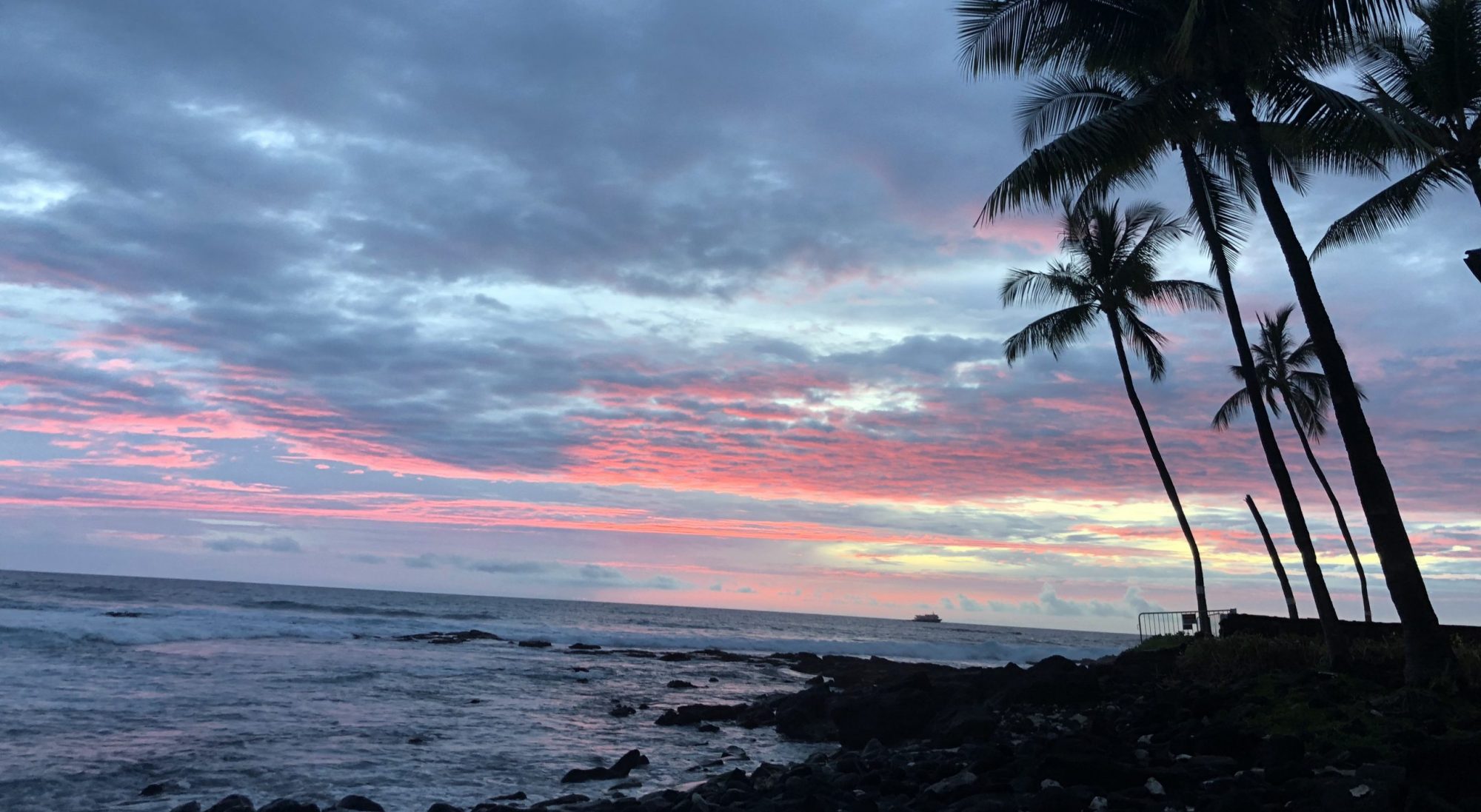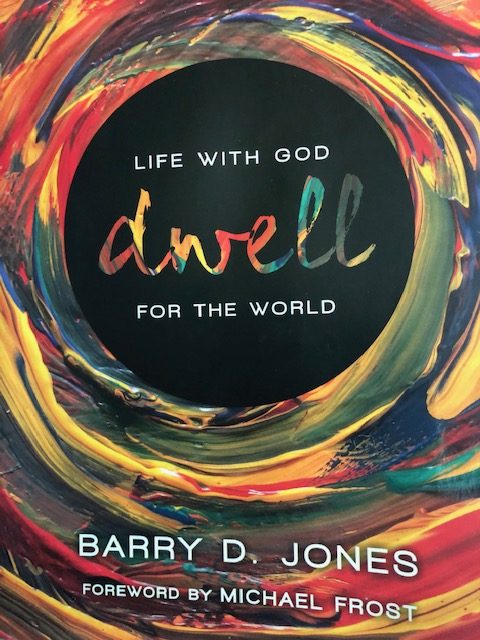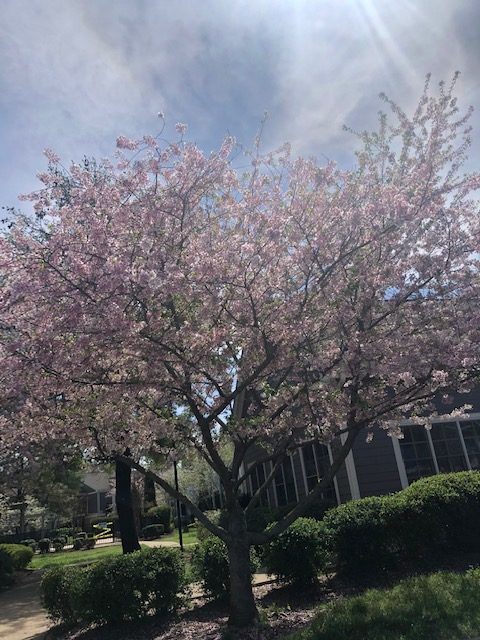While ambling through my neighborhood this afternoon, gratefully absorbing the warm winter sunshine (and then peeling off my jacket) my mind wandered through the last week and I found myself stuck in a familiar “thought” ditch. I’m continually dismayed at my lack of patience and grace. Some days I feel like a piece of prairie during the Dust Bowl of the 1930s; a little gust of frustration and my kindness swirls away like a dark cloud of dust, revealing the hard, dry ground underneath. If my life is a field (please go with it- I love farming analogies. So did Jesus, I might add) then I have to admit that my topsoil needs some work. It’s too shallow.
There were two main contributors to the calamitous destruction of the Dust Bowl- the relentless drought and a lack of resiliency in the soil due to severe clearing and mono cropping (native grasses had root systems that averaged five feet deep and many up to 15 feet, whereas the root systems of most annual cereal crops are only one foot deep.) Scientist estimate that 850 million tons of topsoil was lost during the “Dirty Thirties”, that’s an average of 480 tons of topsoil per acre! One Sunday in 1934 became known as “Black Sunday” as three million tons of topsoil in Oklahoma blew away. Kristin Hannah’s incredible novel, The Four Winds”, and Steinbeck’s classic, “Grapes of Wrath” gave me a little peak into what it was like living in that period of history.

As a child, my “field” was full of deep rooted native grasses that nourished my spirit- imagination, solitude (usually while enjoying nature), friendship, simplicity, spontaneous worship, dreams, playfulness. Somewhere along the way, I was convinced that mono cropping a field full of productivity would be a wise investment. It required I dig out some beautiful shade trees and mow down the pretty meadows of wildflowers- no “wasted space” allowed. I wanted to be a good farmer and provide for the needs of my family and community, so I enthusiastically planted all the productivity I could fit in my field. I didn’t know anything about soil health, the need for biological diversity and water holding capacity; I was just following the example of the apparently successful farmers around me. Little did we know how weak and destructive our processes were.
We are all suffering the affects of the “Covid drought”- first the anxiety, death and sickness that spiraled into ugly politics and non stop fighting. So many fractured relationships and frazzled souls. The ugliness of this season has mirrored the destruction of those awful dust storms. Just like those devastated prairie farmers (and all farmers everywhere for that matter), I don’t have any control over the weather, but I do have a say in what crops I am growing and the methods used. I’m learning the value of deep roots, rich soil and compost (making space for death and stinky things and allowing them to turn into something life giving and nourishing) in place of artificial fertilizer and pesticides (seeking identity by presenting a brushed up false self to the world, accomplishments instead of authentic relationship with God and others, work and striving in place of peace and contentment) that poison the land, water and ultimately all living creatures.
This challenging season has motivated me to pursue habits that will help build deeper, healthier top soil that will nourish my soul and bless the people around me instead of filling their nostrils with dust. I was recently listening to author Justin Whitmel Earley on The Habit Podcast. He shared his story of an anxiety breakdown and explained, “It’s possible for your head to go one way and your habits to go another way, and there is a gap……..your heart will always follows the habit.” I’m tearing out some of my field and interspersing with healthier morning and evening routines that include more scripture and less phone and news, daily sessions of silence, less work and more play (vacation coming in 10 days and several little trips to see friends this spring and summer), a book club with thoughtful people (this has been on my bucket list for years!! Our first meeting is already on the calendar), even less social media (using a timer) and guilt free flower planting and beautifying of our property (I mostly have this one down already, but I still struggle with guilt when I’m not being “efficient”). It’s a well known fact that pursing growth and change within community (perfect examples are AA and NA) gives us the best chance of success, so I’d be happy to support you and pray for you as you pursue healthy habits and I’d appreciate the accountability as well. Please feel free to message me:)


